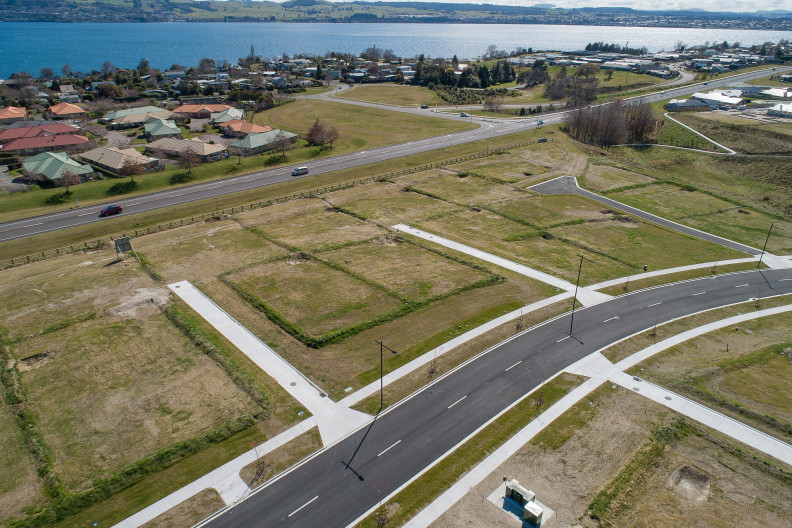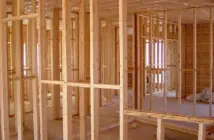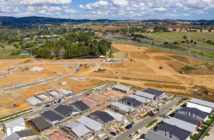Building consent numbers will likely peak in the first half of 2022 – if left unchecked, the issues of housing supply and housing unaffordability could worsen significantly this year, Brad Olsen from Infometrics warns

Annual inflation in the year to the December 2021 quarter was 5.9%, well outside the Reserve Bank of New Zealand’s target of keeping inflation between 1 and 3% on average over the medium term.
Statistics New Zealand advises the main driver for this high annual inflation rate was the housing and household utilities group, with prices for construction and rentals for housing increasing. Prices for construction of new dwellings increased 16 percent in the December 2021 quarter compared with the December 2020 quarter.
The Infrastructure Commission’s latest Infrastructure Quarterly report shows that construction costs jumped by more than 10% in 2021, and similar increases are forecast for 2022. The increase represents the most rapid growth in prices since the Global Financial Crisis. The Infrastructure Commission’s report is available here.
While the Organisation for Economic Co-operation and Development (OECD) has projected inflation would fall back to within the Reserve Bank’s target band by 2023 in its 2022 Economic Survey of New Zealand, that will come at the cost of higher interest rates.
The high inflation and rising interest rates mean that already high construction costs will rise even further, forcing developers to put some projects on hold as commercial feasibility evaporates.
This combined with factors including skills shortages, supply-chain bottlenecks, Covid-19-related shutdowns and reduced ability to secure a residential mortgage create a perfect storm for a slump in the supply of new residential dwellings and general construction activity.






